Importance of Business Functions: A Business Report (MG408)
VerifiedAdded on 2023/01/12
|6
|768
|47
Report
AI Summary
This business report, prepared for the MG408 Graduate Challenge, examines the critical roles of various business functions within an organization, specifically focusing on marketing, finance, operations/production, and human resources. The report defines the core responsibilities of each department, illustrating their significance through examples, such as the operations of Tesco. It emphasizes the interconnectedness of these functions, highlighting how marketing relies on finance for budgeting, and how operations produce goods to meet customer needs. The report underscores the importance of these functions working collaboratively to achieve common business objectives and overall organizational success. It provides a comprehensive overview of how these departments contribute to the overall goals of a business, with references to academic texts and research to support the analysis.
1 out of 6
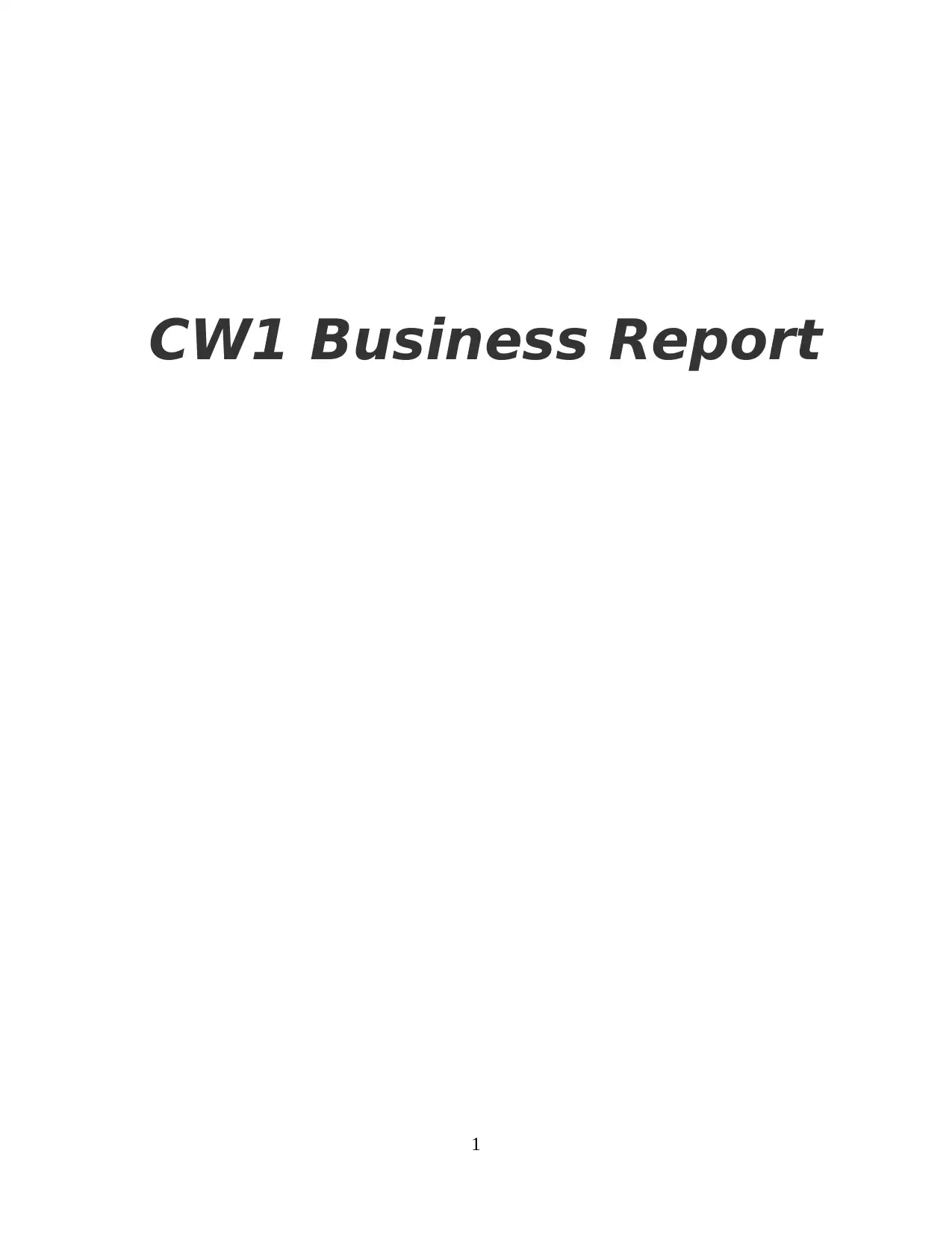
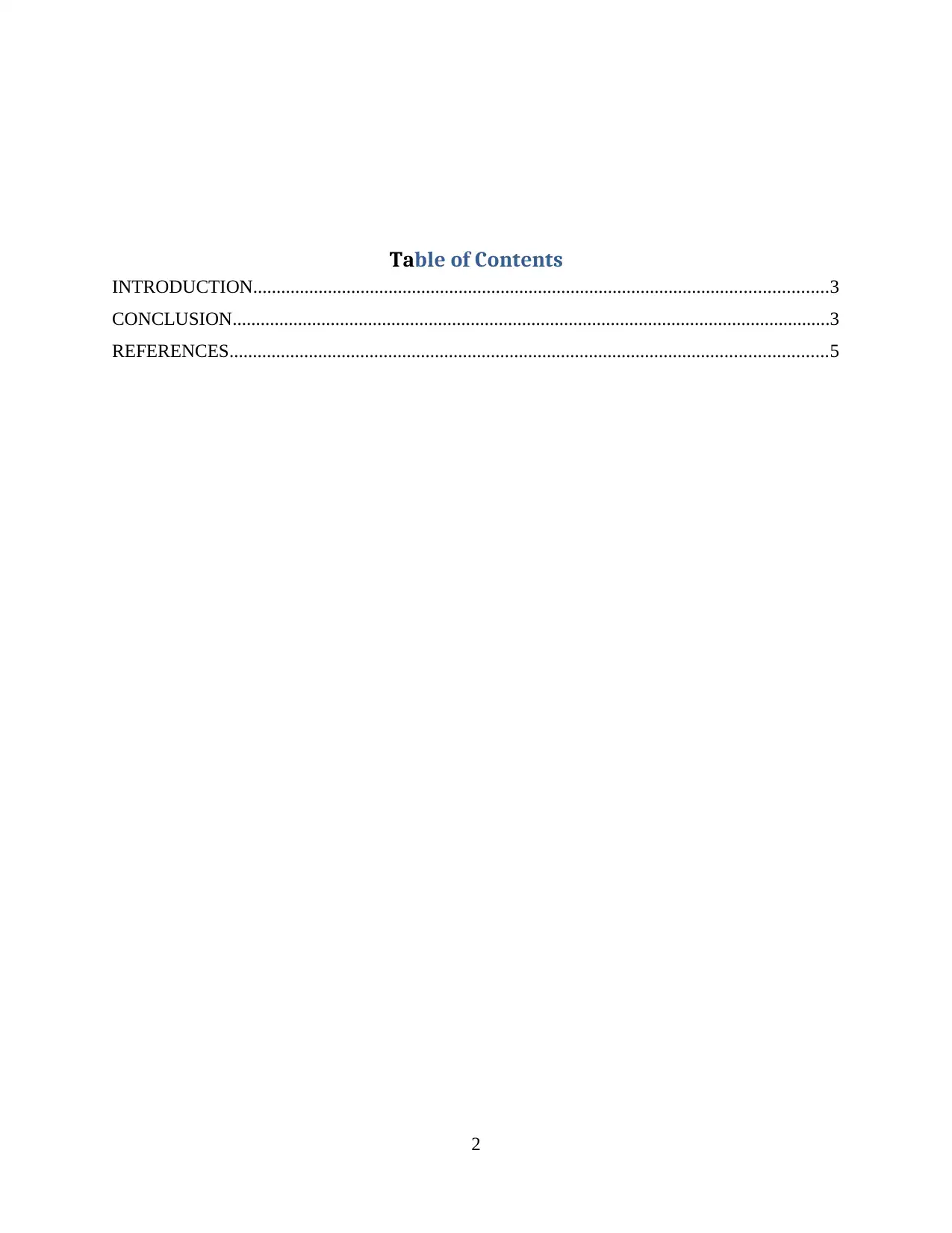
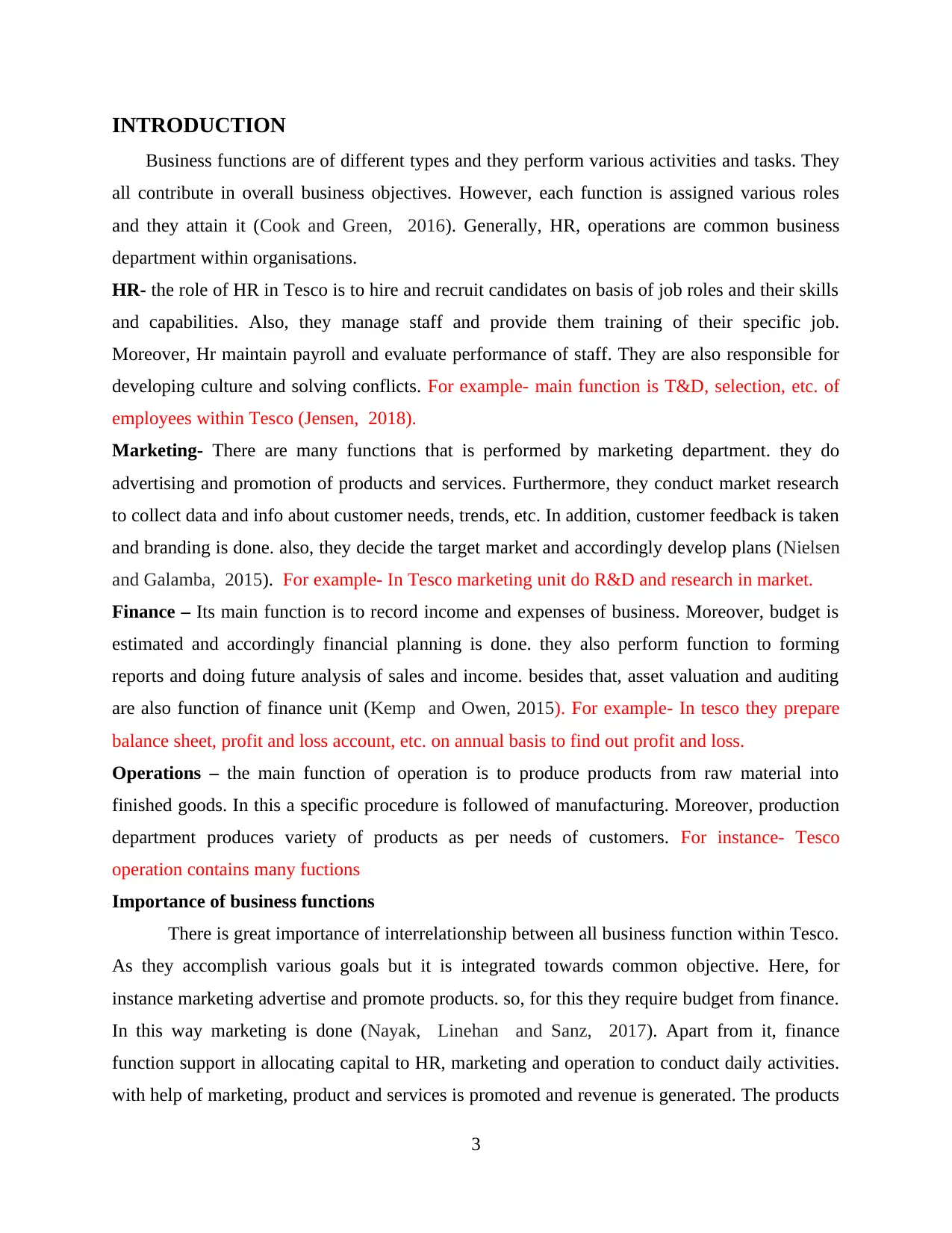

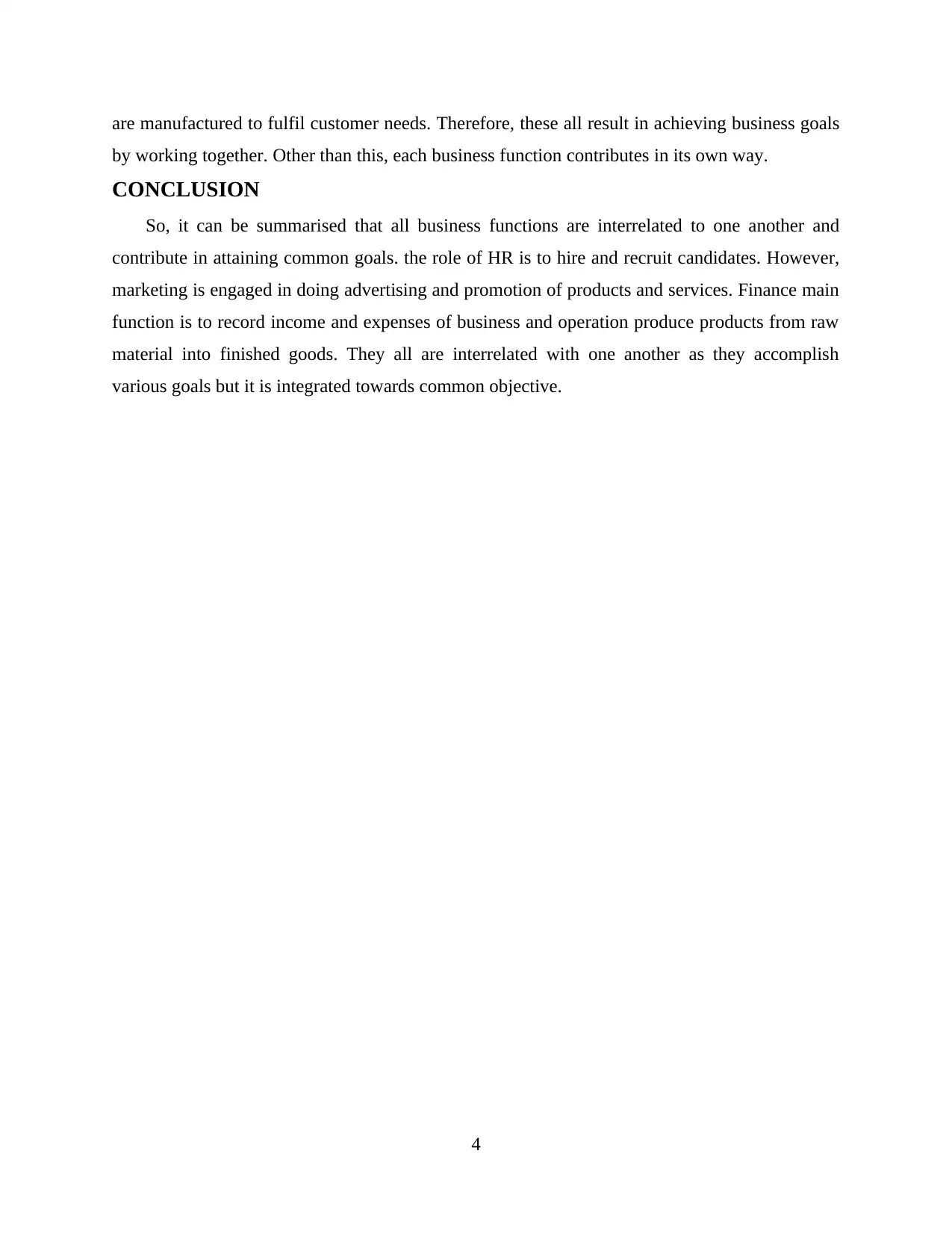

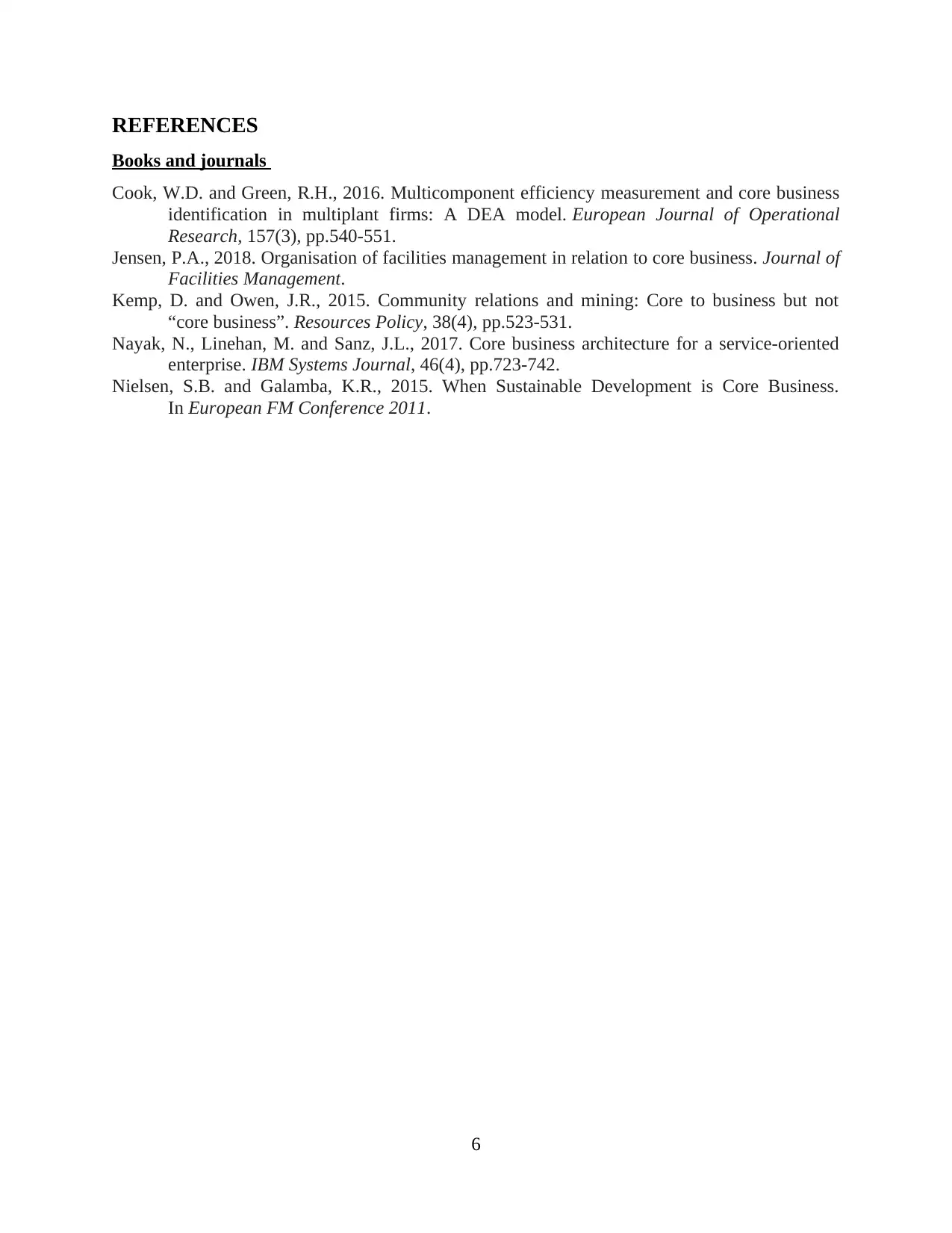





![[object Object]](/_next/static/media/star-bottom.7253800d.svg)